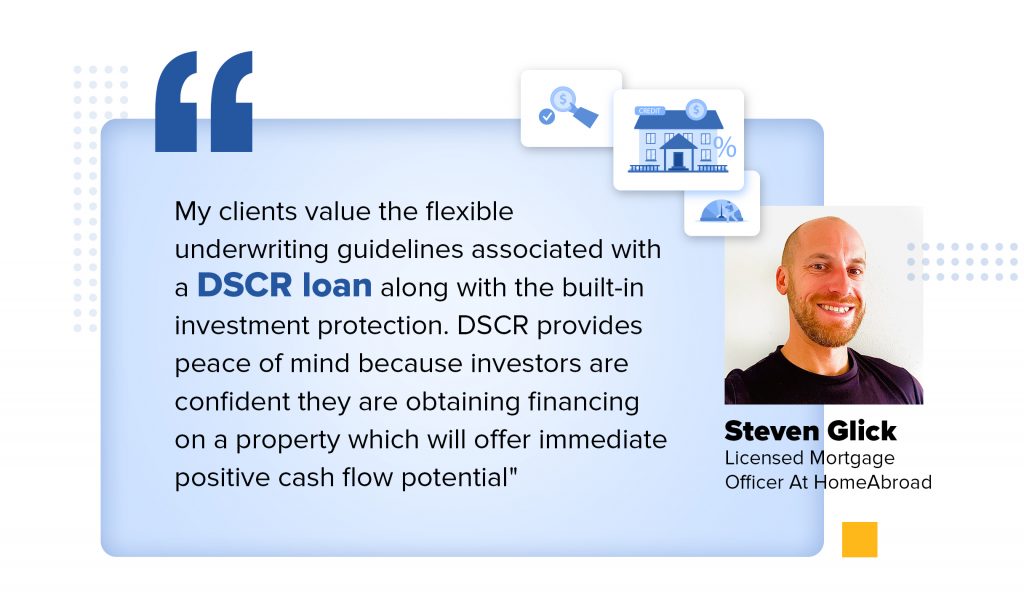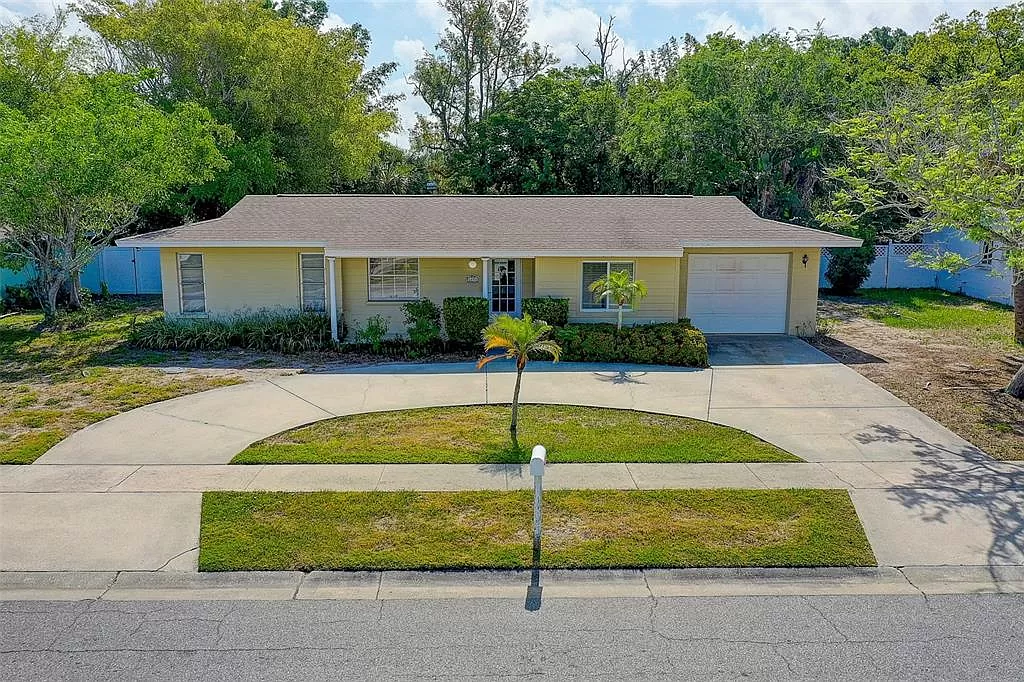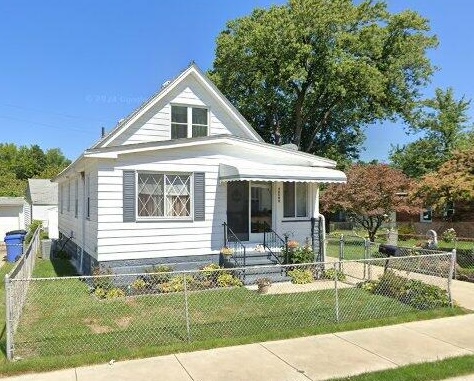Editorial Integrity
Making informed real estate decisions starts with having the right knowledge. At HomeAbroad, we offer US mortgage products for foreign nationals & investors and have a network of 500+ expert HomeAbroad real estate agents to provide the expertise you need. Our content is written by licensed mortgage experts and seasoned real estate agents who share insights from their experience, helping thousands like you. Our strict editorial process ensures you receive reliable and accurate information.
Key Takeaways:
1. F1 visa holders on Optional Practical Training (OPT) can apply for a home loan through HomeAbroad Loans if they have income, a good credit score, or a co-signer.
2. Parent-assisted mortgages allow F1 students to live in a property purchased by their parents using their foreign income and credit history.
3. Even without US credit history, F1 students and their families can invest in US real estate with flexible financing options through HomeAbroad Loans.
Table of Contents
For most F1 visa holders, obtaining a mortgage may seem impossible due to their visa status, limited credit history, and restricted income.
However, there are options available, especially if you are earning income in the US during the Optional Practical Training (OPT) period or through parent-assisted mortgages.
Take the example of Carlos, an F1 visa student whose parents wanted to invest in property during his time in the US.
While Carlos couldn’t apply for a mortgage himself, his parents, with the help of HomeAbroad Loans, were able to secure a loan to purchase a home where Carlos could live during his studies.
In this article, we’ll explore how F1 visa students, with or without income, can leverage HomeAbroad Loans to achieve homeownership in the US.
Can F1 Visa Students Get a Mortgage in the US?
For most F1 visa students, buying a home directly through a mortgage is not feasible. As international students, F1 holders typically do not have income or a sufficient credit history in the US.
Additionally, F1 students are on a study visa, which limits their ability to work and earn an income.
However, F1 college students in their Optional Practical Training (OPT) period and have obtained an Employment Authorization Document (EAD) with an active US payroll may be eligible to apply for a mortgage through HomeAbroad Loans.
With income from full-time work and a good credit score, an F1 visa holder may also qualify for conventional loans.
F1 Visa Mortgage Options with Good US Credit History
F1 visa holders on OPT who have an EAD have a few options for securing a mortgage. These include:
- Conventional Loans: If the student has a strong credit score (620+) and sufficient income, they may qualify for a traditional loan(from Fannie Mae and Freddie Mac), which typically requires a higher down payment but offers better interest rates.
Important Note: FHA Loans are government-backed loans that allow for smaller down payments, making them more accessible for first-time homebuyers and those with limited credit history (580+). However, as of May 25, 2025, FHA-insured loans are no longer available to non-permanent residents and temporary visa holders, including F1 visa holders.
For those without income or credit history in the US, the most viable option is a parent-assisted foreign national mortgage, which we’ll explore next.
F1 Visa Mortgage Options with No/Thin US Credit History
For F1 students who lack the necessary credit or income to secure a mortgage, HomeAbroad offers tailored F1 visa mortgage programs. These programs enable parents of international students to qualify for a loan and purchase property for their children.
The property can serve as the student’s residence during their studies while earning additional rental income and potentially appreciating over time.
In these cases, the parents apply for the mortgage program, leveraging their income, assets, and credit history from their home country to qualify for a loan in the US.
Additionally, we offer mortgage options where parents can qualify based on the property’s rental income potential, rather than their personal income, without requiring a US credit history.
To understand how these tailored loan programs work, let’s consider Carlos and his parents, Maria and Juan.
Case Study: Mexican Student Purchased a Rental Property in Boston, MA
Maria and Juan’s US Real Estate Investment for Carlos, an international student at Northeastern University - Boston, Massachusetts
Carlos is an F1 visa student from Mexico, studying for his undergraduate degree in Boston, Massachusetts. He’s not earning any income in the US nor does he have a credit history, which makes him ineligible for a mortgage.
However, his parents, Maria and Juan, see an opportunity to invest in US real estate while Carlos lives in the property during his studies. They approach HomeAbroad Loans to explore their options.
1. Full Documentation Loan
Maria and Juan have stable, high incomes in Mexico and excellent credit histories in their home country.
HomeAbroad Loans offers a Full Documentation Loan, allowing them to use their foreign income and assets, such as income statements, bank account details, and credit reports from Mexico, to apply for the mortgage.
HomeAbroad Loans assesses Maria and Juan’s ability to repay the loan based on their foreign income and assets in this scenario.
By leveraging their solid financial background from Mexico, Maria and Juan are approved for a Full Documentation Loan. This loan will secure the property in California, where Carlos will reside for the next four years.
Loan Requirements and Program Features:
- Debt-to-Income Ratio: Less than 43%
- Credit Score: No US credit needed
- Down Payment: 20%-25%
- Loan Term: Up to 30 Years
- Cash Reserves: 6 months
- Income Documents: Foreign income and asset documents. International Credit Report or alternative proof of creditworthiness from the home country
- Approval Time: Within 30 Days
For more details, check out our comprehensive Full Documentation Loan Guide.
2. DSCR Loan (Debt Service Coverage Ratio)
Alternatively, Maria and Juan explore another option: the DSCR Loan. Instead of focusing on their personal income, HomeAbroad Loans evaluates the rental income the property can generate.
The key criterion here is that the expected rental income from the property should cover the mortgage payments.

Based on this projected rental income, Maria and Juan qualify for the DSCR Loan with a DSCR ratio of 1.26, indicating the property generates 26% incremental cash flow after paying the monthly mortgage payment.
This means that not only does Carlos practically live rent-free during his tenure as an international student, but the property appreciation over the 4 years (the length of his education) can help build enough equity to cover most, if not all, of his educational expenses.
Loan Requirements and Program Features:
- DSCR Ratio: >= 1 for best terms, <1 eligible with higher down payment. We offer DSCR Loans for foreign nationals with a DSCR ratio as low as 0.75, which means you are eligible even if your rental property covers just 75% of the mortgage.
- Credit Score: No US Credit History Required
- Down Payment: 25%
- Cash Reserves: 6 Months
- LTV Ratio: Up to 75% for Purchase and Rate/Term Refinance, up to 70% for Cash Out Refinance
- Property Use: Investment properties (residential and commercial)
For more details, check out our comprehensive DSCR Loan Guide.
Which Loan Option Did They Choose?
After reviewing both options, Maria and Juan decided to use the DSCR Loan.
Since the property was located in a high-demand rental area, the projected rental income from the additional units would more than cover the mortgage payments, making this option more financially beneficial.
This allowed them to focus on the property’s ability to generate income rather than relying on their foreign income for the loan qualification.
By choosing the DSCR Loan, they could purchase the property as an investment, ensuring Carlos had a place to stay during his studies while the rental income from other tenants helped pay down the mortgage.
The Appreciation Strategy – Using Property Appreciation to Cover Tuition Fee / Expenses
Beyond providing housing for Carlos during his studies, the property also appreciated significantly over time.
Over four years, the property’s value increased by nearly 30%, allowing Maria and Juan to cover a substantial portion of Carlos’s college tuition through property appreciation alone.
Outcome:
➡️ Initial Property Value: $400,000
➡️ Down Payment (25%): $100,000
➡️ Mortgage Amount: $300,000
➡️ Rental Income Over 4 Years:
- Monthly Rent from Other Tenants: $2,000
- Total Rental Income Over 4 Years: $2,000 x 48 months = $96,000
- This income covered a significant portion of the mortgage payments and property taxes.
Appreciated Value After Four Years (30% Increase):
- $400,000 x 1.30 = $520,000
- Appreciation Gain: $520,000 – $400,000 = $120,000
In both scenarios, whether through a Full Documentation Loan or a DSCR Loan, HomeAbroad Loans provides tailored solutions for parents to purchase property in the US while their children complete their studies.
In this case, Maria and Juan chose the DSCR Loan, which allowed Carlos to live rent-free and helped the family offset significant expenses, such as college tuition, through rental income and property appreciation.
Steps to Get a Mortgage on an F1 Visa with HomeAbroad
For F1 visa holders or their parents, securing a mortgage through HomeAbroad Loans is straightforward. Here’s a quick overview of the steps to apply for an F1 visa mortgage. For a detailed explanation of each step, refer to our comprehensive Foreign National Mortgage Guide.
- Step 1 – Get Started with HomeAbroad Loans
- Step 2 – Connect with a HomeAbroad Mortgage Officer
- Step 3 – Get Preapproval
- Step 4 – Gather Your Documents
- Step 5 – Make an Offer on Your Dream Home
- Step 6 – Lock in Your Interest Rate
- Step 7 – Underwriting & Appraisal
- Step 8 – Closing
Suppose you are an F1 visa holder or a parent looking to secure property in the US. In that case, HomeAbroad Loans offers tailored mortgage programs for international real estate buyers, including those with F1 visas. Whether you’re on OPT looking to buy your first home or a parent investing in real estate for your child’s future, HomeAbroad can guide you through the process.
Get Approved for a Foreign National Mortgage as an F1 Visa Holder with HomeAbroad
HomeAbroad empowers F1 visa holders and international real estate buyers to secure tailored mortgage solutions in the US even without a credit history. With our tailored loan options for foreign nationals, securing financing has never been easier for international students and their families.
With foreign national mortgages tailored to your unique needs, an AI-driven investment property search platform, and a trusted network of over 500 expert real estate agents, HomeAbroad simplifies the path to US property ownership while ensuring a smooth, guided experience.
Beyond financing and property discovery, our extended concierge services handle every detail, including LLC setup, insurance, a US bank account, and even property management so that buyers can focus on their goals with ease and confidence. At HomeAbroad, we don’t just open doors to US real estate; we open doors to opportunity, wealth-building, and a long-standing, stable future in the US.
Ready to get started? Apply today with HomeAbroad and take the first step toward your US real estate investment.

Pre-qualify for a US mortgage as an international buyer.
No US credit history needed.
FAQs
Can F1 visa holders get a mortgage without a credit history?
Yes, if they’re on OPT with income and a co-signer, or through a parent-assisted mortgage using their parents’ foreign income and credit with HomeAbroad Loans.
Can my parents buy a house for me while I’m on an F1 visa?
Yes, parents can use their income and credit history from their home country through HomeAbroad Loans to purchase an investment property for their child.
Do F1 visa holders need an EAD to qualify for a mortgage?
Yes, F1 students will need an EAD to prove income and employment during OPT to qualify for a mortgage with HomeAbroad Loans.
Can international students get a mortgage if they have student loan debt?
Yes, international students can still qualify for a mortgage even with student loan debt or a high debt-to-income ratio. With HomeAbroad’s DSCR loan, eligibility is based on the property’s rental income rather than the borrower’s DTI ratio, making it easier for students with existing debt to secure a mortgage.




![F1 Visa Mortgage Guide: Qualify without a US Credit History [2026]](https://homeabroadinc.com/wp-content/uploads/2022/12/f1-visa-mortgage-500x325.jpg)






![H1B Visa Mortgages: How to Qualify with No US Credit? [2026]](https://homeabroadinc.com/wp-content/uploads/2024/09/h1b-visa-mortgages.png)

![How to Buy a House on an H1B Visa [2026]](https://homeabroadinc.com/wp-content/uploads/2021/08/BuyingonH1BVisa-scaled.jpg)













